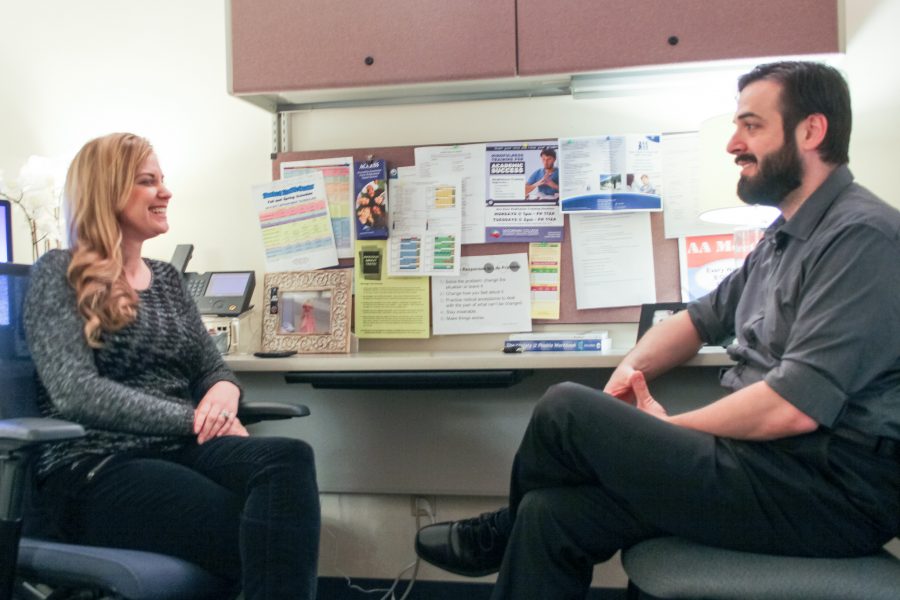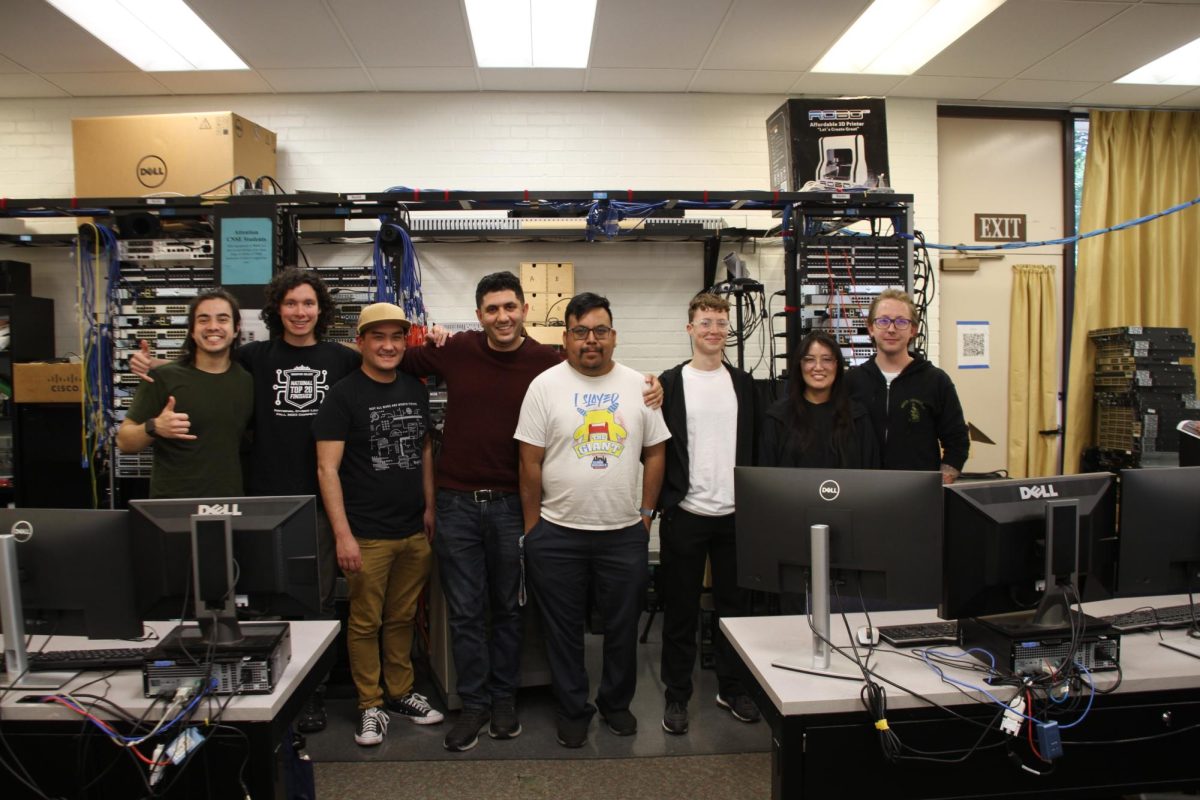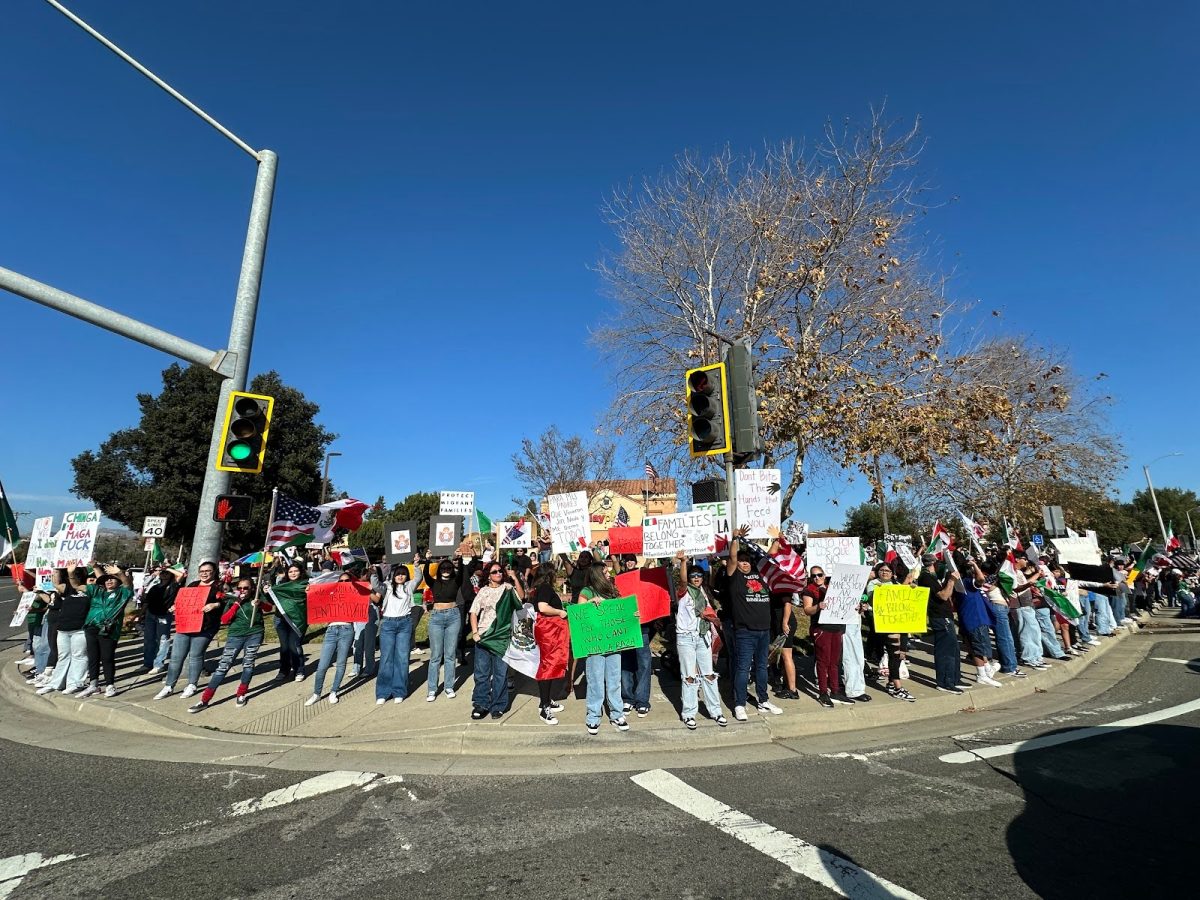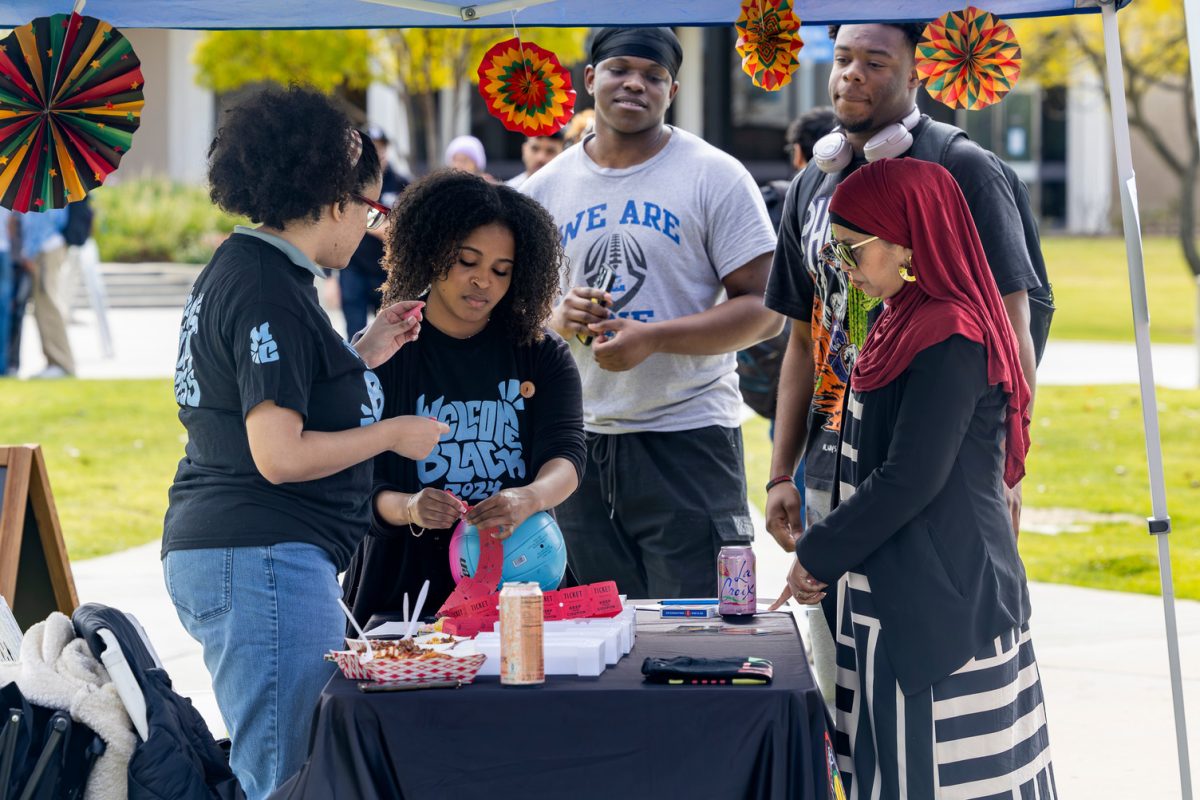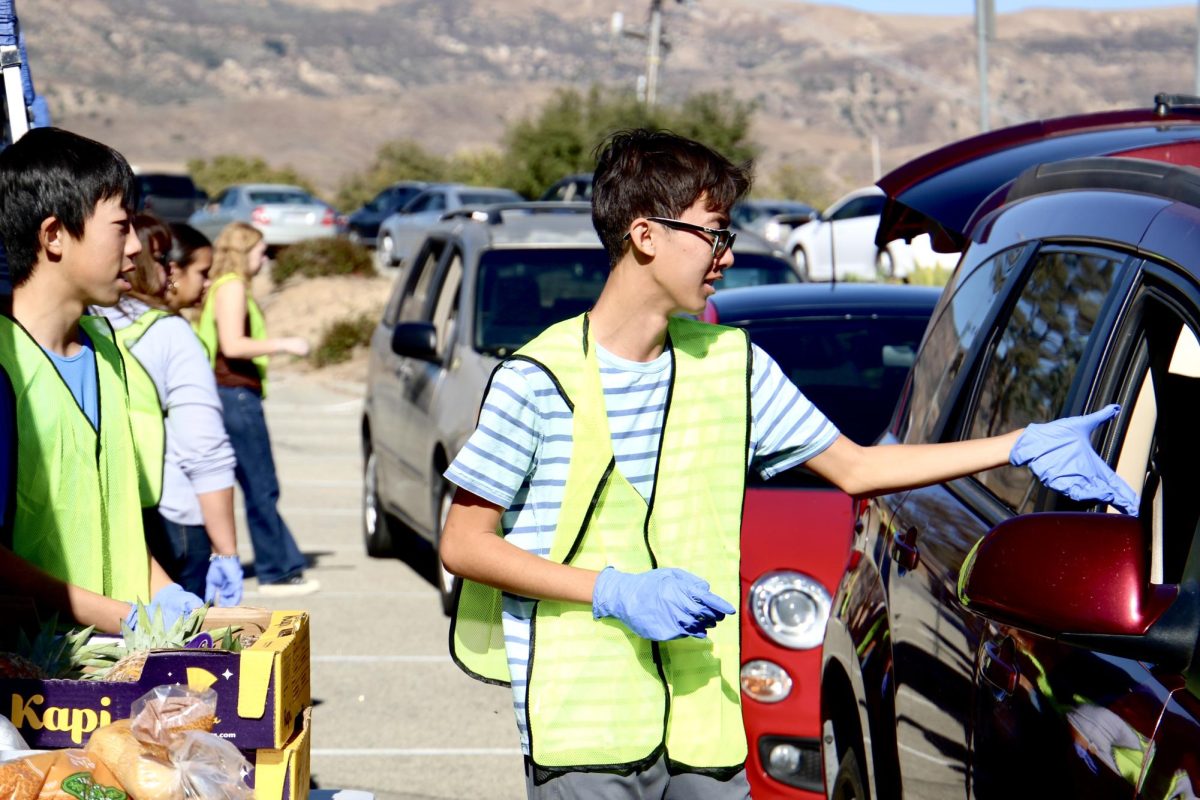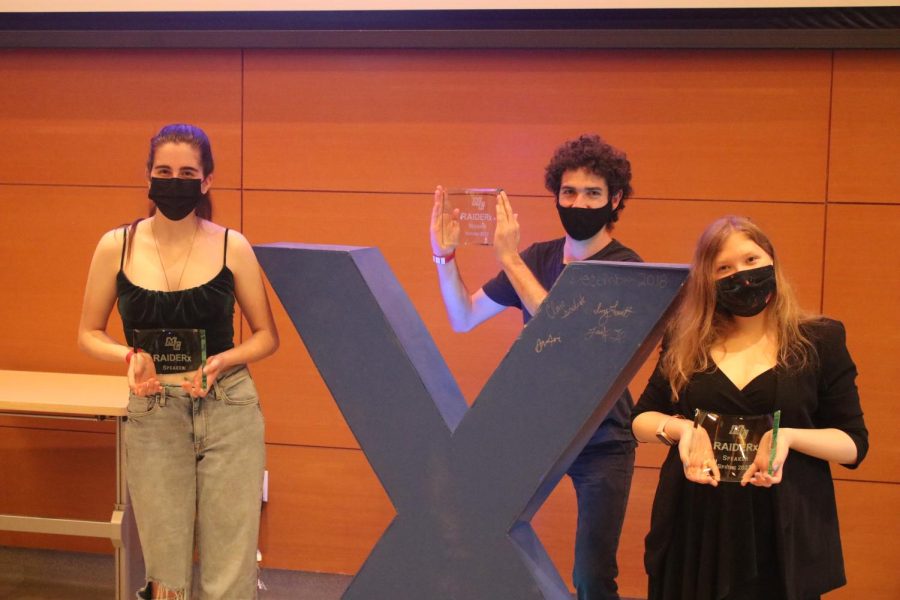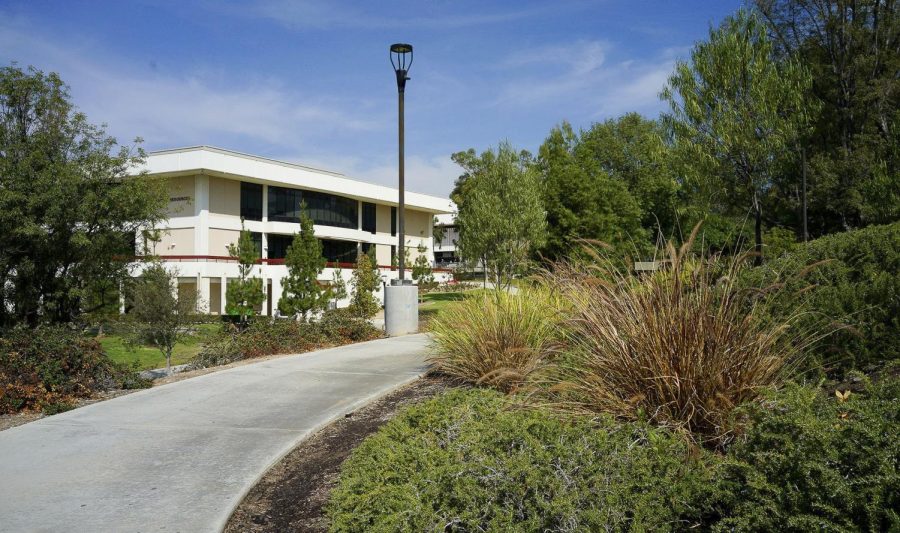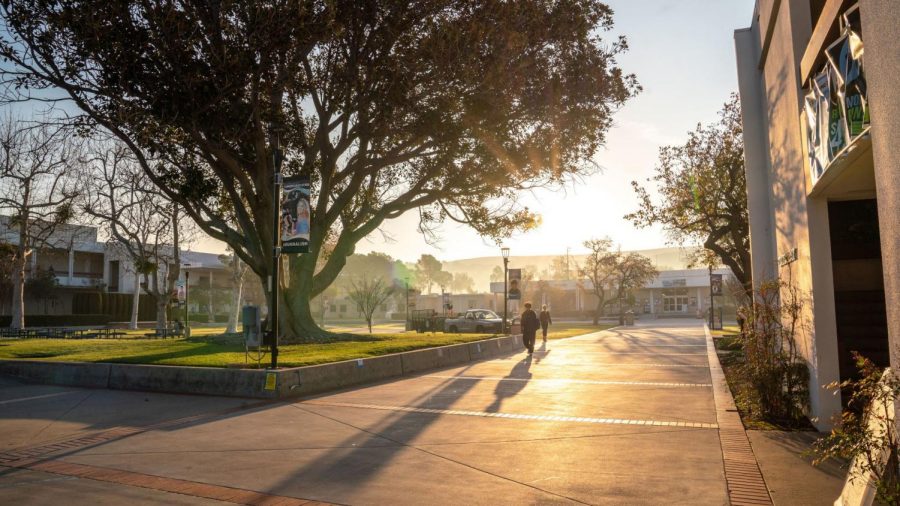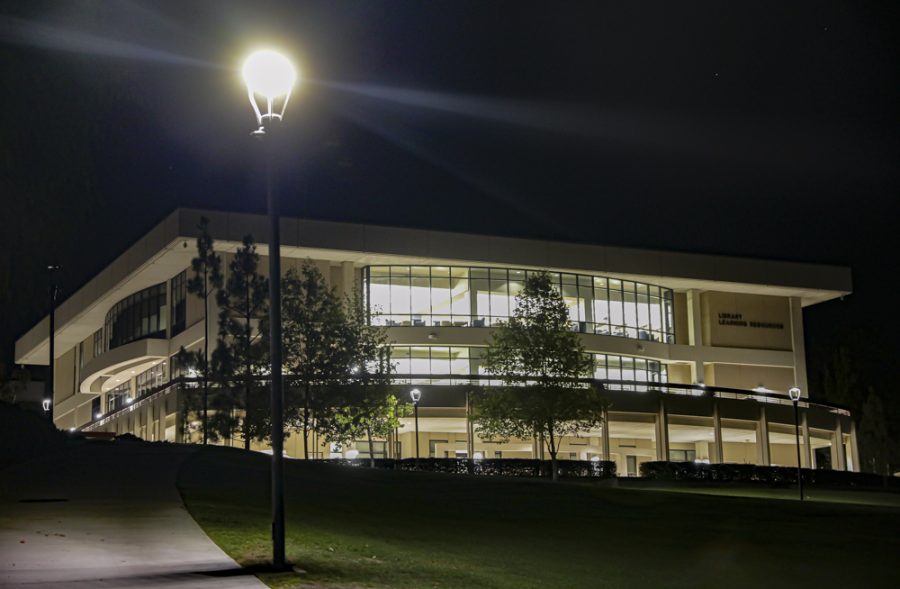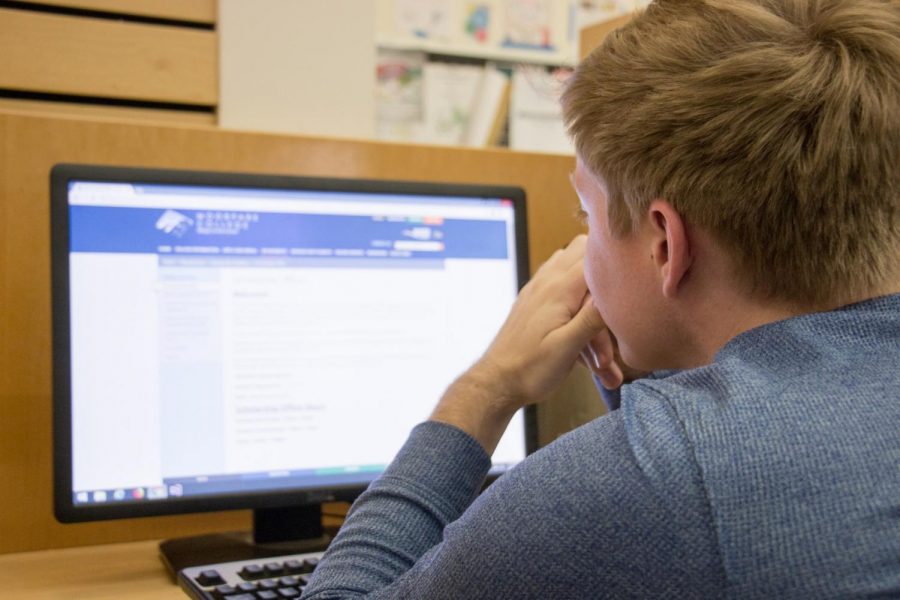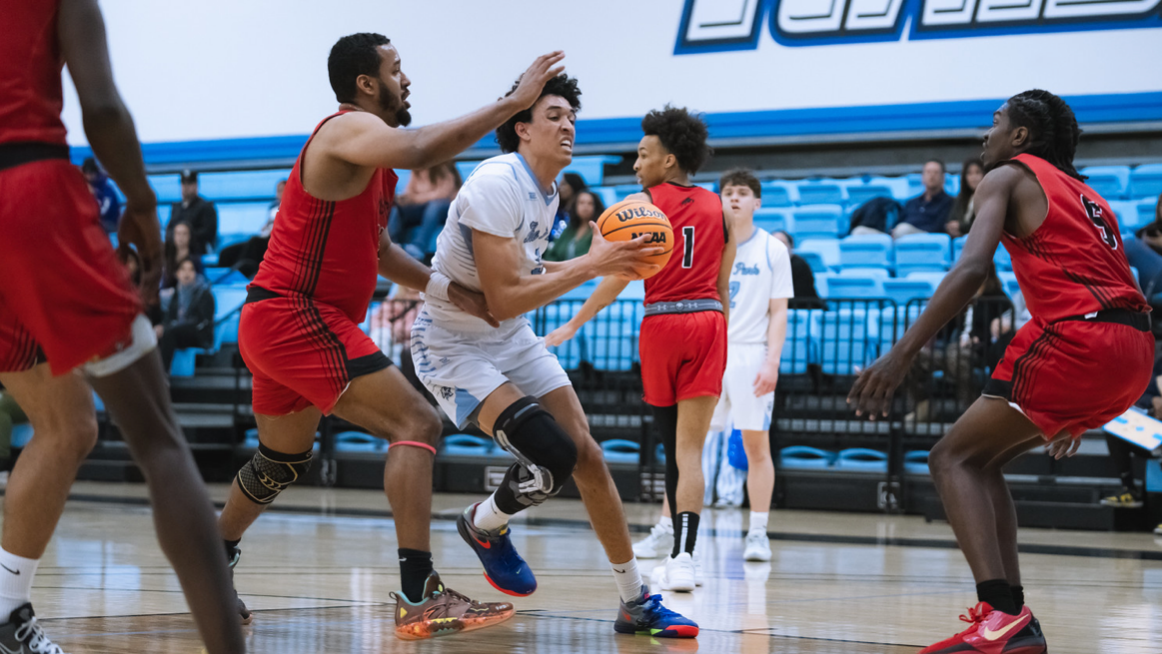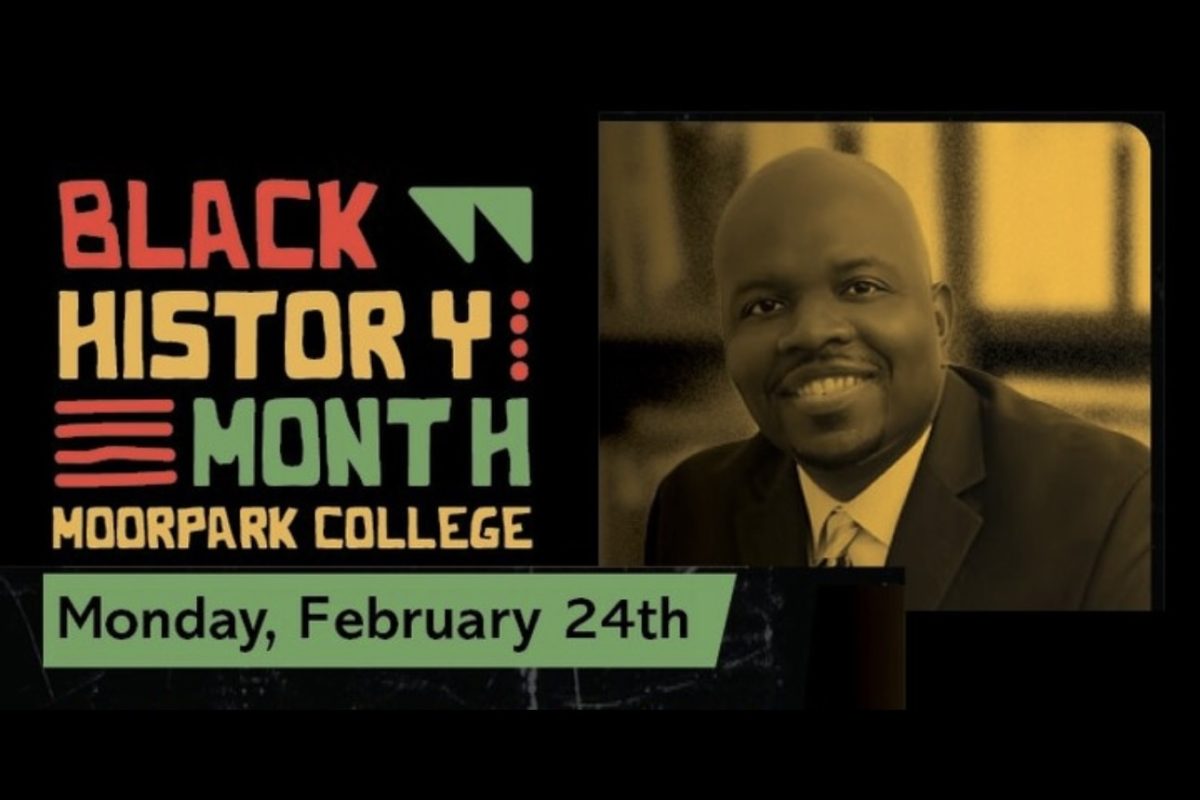If you’re feeling anxious, depressed, or just need someone to talk to, Audry Miller and Robert Marzio are here to help. Moorpark college offers free mental health counseling to all students, and Miller and Marzio are two of the post doctorate counselors taking those appointments.
The postdoc program at Moorpark’s Health Center offers valuable experience for the postdocs who participate, according to Health Center coordinator Sharon Manakas.
“It’s a bridge from being a student to being a professional,” Manakas said. “This 18 to 20-year-old population is at an age where a lot of stuff comes up. It’s a good place for [Miller and Marzio] to get the experience they need.”
We sat down with Miller and Marzio to talk with them about how they got to Moorpark and why they’re choosing to work with college students.
Can you tell me a little bit about your background?
Miller: I’m originally from the Central coast area, just an hour north of Santa Barbara. I got my masters in Santa Barbara in clinical psychology, then moved up to the bay area and went to John F Kennedy University. And I just finished my doctorate, so I can officially own that title now. I’ve worked with a variety of different populations; my first experience was in a community mental health setting. After that I worked with younger children and their families.
Marzio: I’m from Santa Barbara originally. I went to undergrad at UCLA and then I went to graduate school in San Francisco. I worked with kids with autism for a long time. I was a musician for a while. Then I went to grad school and worked with elementary aged children.
Really, a musician? What kind of music did you play?
Marzio: Oh, I don’t know, just rock and rock. We sounded like the Cure. So whatever you’d call that. That’s why I moved to San Francisco, before going back to school.
Why did you pick this age group to work with?
Miller: Before this year I was up at Santa Rosa Junior College, so that was my first experience working with college students and I just really fell in love with it. I worked for about 2 years there and thought that I would work another year doing the same thing, I really liked it.
Marzio: I actually worked at a college, a four-year university in Wisconsin last year for an internship, and I’m originally from Southern California so I wanted to come back to the area and I wanted to continue working with a college population.
Is that what you plan on continuing doing, working with this age group?
Marzio: I’d like to, but it’s good to have other options. So a private practice or teaching maybe.
Miller: I could see myself doing that, or opening a private practice but also working with college students.
What do you think is the most difficult thing about working with this age group, college students in particular, and community college students specifically?
Miller: I think going into my first job at Santa Rosa Junior College, I was sort of anticipating that the presenting issues would be less intense, kind of more age specific, and I guess that’s what’s surprising, no matter what the age, no matter what the life stage there’s a variety and wide range of different issues that are very complicated. So it’s a double edge sword so to speak. I love being able to work with students through those issues but also It can be complicated sometimes.
Marzio: I think I would have a pretty similar answer. The thing that takes the most effort is that college students, especially at community college, they come from a really wide variety of backgrounds, some that are very different than my own. And it takes an effort to be able to bridge that gap and appreciate where they’ve come from.
What would you say is the most rewarding thing about working with college students?
Marzio: I think it’s really cool to work with people at a stage in life when they’re going through a lot of changes, and developing in a lot of different ways. As a person and in their career path. A lot of them are moving from a different stage in life, from living with their family to being on their own. Just being able to witness that and be around it; to see people changing and growing, I think that’s really cool.
Miller: For me, it’s very rewarding to see the typical aged college student begin to navigate their way in the world. Particularly if it’s their first year in college, all the adjustments and issues that come along with that. Transitioning from living in the home to on their own. Being a part of that and helping with that process is very rewarding.
What would you say, if you could, to student who are nervous or hesitant to come see you?
Miller: I do get that a lot, we get that a lot. I would highlight the strength and courage it takes to actually reach out. And also I would normalize their experience and their feelings. A lot of students lose sight of how common these feelings are among the student population and all humans. So I would start with normalizing the challenge that they feel.
Marzio: It’s important to realize that you’re not alone. If you’re struggling, there are ways to get help, and we’re here. If you think it might help you even a little bit, it’s worth trying.
Students can receive up to six free mental health counseling sessions per semester. Appointments can be made by calling (805) 378-1413 or by visiting the Health Center in the administration building.

